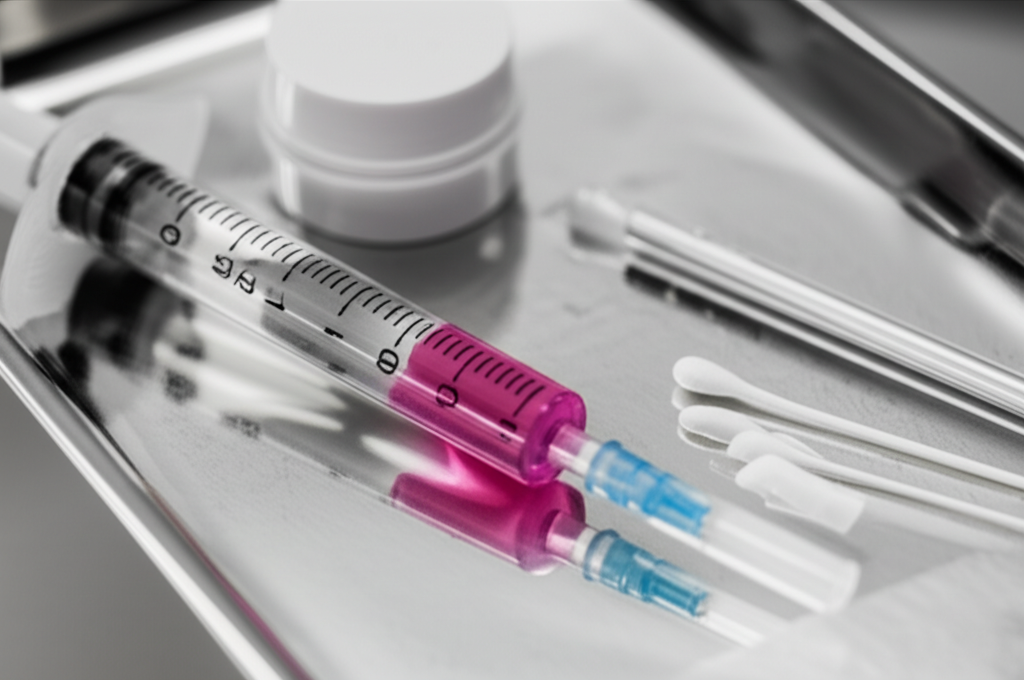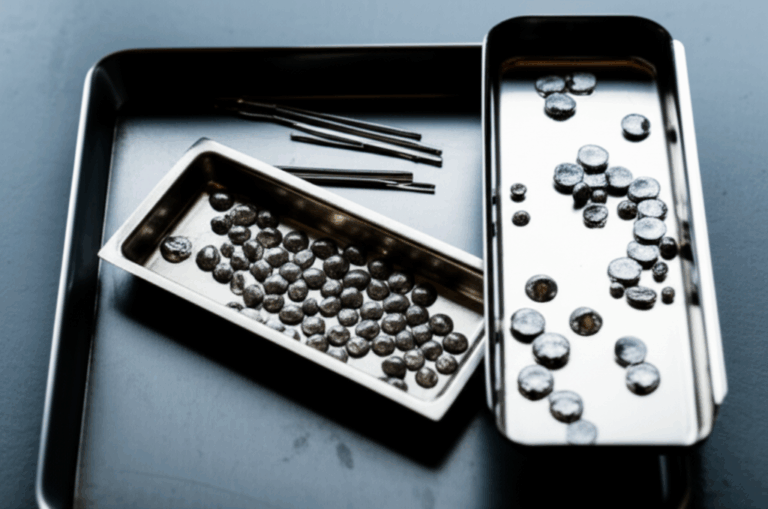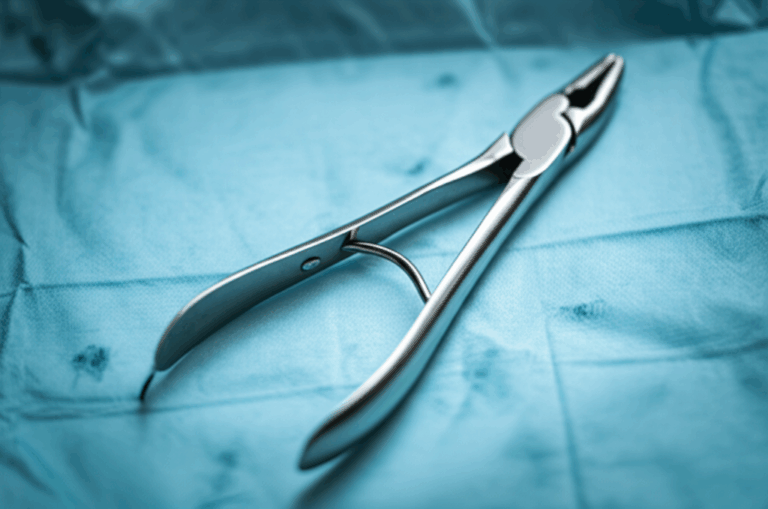
What Do Dentists Use for Numbing? Your Kid-Friendly Guide to Dental Numbness
Have you ever wondered, “What do dentists use for numbing?” If you’re a bit nervous about a visit to the dentist, or just want to know more, you’re in the right place. This guide breaks down, using easy words, how dentists keep you from feeling pain with safe, modern numbing medicine. I’ll answer your questions, let you know what will happen, and share things every patient (and parent) should know—straight from folks who help patients daily. Keep reading and I’ll show you everything, one step at a time.
Table of Contents
Introduction: Why Do Dentists Numb Your Mouth?
Let’s tell the truth—nobody likes pain. Imagine getting a cavity fixed or a tooth pulled out with no pain help. Yikes! That’s why dentists use special medicines called local anesthetics. They stop you from feeling pain in one part of your mouth while the dentist works. I was scared before my first big filling, but after I got the numbing shot, it was much easier. I just felt a silly, tingly feeling.
Dentists want your visit to be easy and not scary, so numbing is a very important part of going to the dentist today.
What Kinds of Numbing Agents Do Dentists Use?
Dentists use different kinds of numbing medicines, or local anesthetics, to help every kind of patient and dental job. Here are the main ones:
- Lidocaine (Xylocaine): This is the usual choice. Most dentists pick this first. It works quickly, keeps you numb for 1-2 hours, and is very safe.
- Articaine (Septocaine): This one is even stronger and can get into the jaw better. Good for tough teeth and adult teeth.
- Mepivacaine (Carbocaine): Used if you can’t have epinephrine, a common added medicine.
- Bupivacaine (Marcaine): Lasts longer, great for bigger jobs or after surgery.
- Prilocaine (Citanest): Works fine but isn’t used as much—good for some special cases.
- Novocaine (Procaine): Older people might talk about this, but it’s not used much now. It wore off too fast and some people were allergic.
Sometimes, dentists use numbing gels or sprays (like Benzocaine or a little Lidocaine) on the gums first, to stop the shot from hurting.
Want to know exactly which numbing medicine your dentist uses and why? Just ask! Dentists are happy to talk and want you to feel safe and cared for.
How Does Dental Numbing Work?
It’s pretty neat how these medicines work. When your dentist gives you a numbing shot, it keeps the nerves in your tooth from sending pain signals to your brain. Picture your teeth have tiny alarm wires. The numbing medicine covers the wires, so the pain message never gets through. That’s why you might feel pushing but not pain, even if the dentist is working hard.
The science is simple:
- Local anesthetics block sodium from entering the nerves.
- No sodium means the nerves can’t send messages.
- So you don’t feel pain, and the dentist can work easily.
It’s like turning down the sound during a scary part of a movie!
What Happens Before the Numbing Shot?
If thinking about a shot makes you nervous, you’re not alone. Dentists get this. Before using a needle, a lot of dentists rub a fruity, sticky gel on your gums. That’s called topical anesthetic. It numbs just the outside so the shot hardly hurts.
The dentist might wiggle your cheek to distract you. Some use a very thin needle, so most kids (and adults) say, “That wasn’t bad!” Sometimes you feel a pinch or some pushing, but not much.
If you’re scared, bring a toy, listen to music, or squeeze a stress ball while you get numb.
What’s in the Numbing Shot?
Let’s look at what’s inside the dental numbing shot. Each one has:
Why use Epinephrine? It helps the numbness last by making blood vessels smaller, so the medicine doesn’t leave the spot too fast. This works for most people, but might not be used if you have certain heart issues.
Your dentist chooses the best mix for your health and the job they need to do. Your safety is always the first thing they think about!
How Long Does Dental Numbing Last?
You might want to know: “How long will my mouth feel funny?” It depends on the medicine your dentist uses, where the shot goes, and your own body.
Here’s a handy table:
| Numbing Agent | Feeling returns after (soft stuff) | Feeling returns after (teeth) |
|---|---|---|
| Lidocaine | 2–4 hours | 1–1.5 hours |
| Articaine | 2–4 hours | 1–2 hours |
| Mepivacaine | 1–3 hours | 45–60 minutes |
| Bupivacaine | 4–9 hours | 2–3 hours |
You might notice:
- Lips and cheeks stay numb longer than teeth.
- The feeling comes back slowly, from the jaw to lip to tongue.
If you’re hungry, wait until you feel normal before eating—otherwise, you might bite your cheek or tongue and not notice!
Is Dental Numbing Safe for Everyone?
Good news! For most people, today’s dental numbing medicines are very safe. Dentists use only a tiny bit—just enough to work. But your health matters too. Always tell your dentist if you have:
- Heart problems (like uneven heartbeat or high blood pressure)
- Any allergies
- Are pregnant or breastfeeding
- Diabetes, thyroid problems, or get nervous
Usually, your dentist can change the amount or use a different numbing medicine if you need it. For example, if you can’t have Epinephrine, they’ll use Mepivacaine or something else safe. Kids, grown-ups, and older people—all get a plan just for them.
At our china dental lab, we check medicines and materials for safety.
What If You’re Afraid of Needles?
Lots of people feel worried about the shot—not just kids! Dentists know how to help. Besides using numbing gels, you might get:
- Needle-free numbing spray: Works for some simple jobs.
- Distraction: Games, music, or breathing tricks.
- Tiny needles and slow shots: Hurt much less!
- Laughing gas (Nitrous Oxide): Helps you stay calm, not silly.
Tell your dentist if you’re scared, and they’ll help you feel better. I once took headphones and played music—it worked great!
Can You Be Allergic to Dental Numbing?
True allergies to numbing shots like Lidocaine or Articaine are really rare—less than one in a thousand people. What most people think is an “allergy” is usually a fast heartbeat (from Epinephrine), or feeling faint because they are nervous.
Dentists can give a tiny test dose if you have a lot of allergies. They also skip some preservatives if you have a sulfite allergy.
Signs of an allergy:
- Rash or bigger lips/face
- Hard to breathe
- Feeling dizzy
If you ever had any reaction, tell your dentist. They can use different medicines! Sometimes, they might use Prilocaine or give you no Epinephrine.
How Do Dentists Keep You Comfortable During and After?
Dentists want you to feel okay the whole time. After numbing your mouth, they’ll check:
- Does your lip or cheek feel big or tingly?
- Do you feel anything sharp?
- Can you move your tongue?
They wait to start until you’re really numb. If you feel anything sharp or painful, tell them. Sometimes you just need a bit more medicine—so always say something!
When the numbness goes away, your mouth might still feel funny—like it’s full of cotton. Many dentists say:
- Don’t eat or drink hot drinks until you feel normal.
- Eat soft food after dental work.
- Don’t bite your cheek.
If your jaw is sore, a cool cloth helps.
Will Your Mouth Feel Weird After?
Yes! When you’re done, your mouth may seem big, thick, or strange. This is normal and goes away in a few hours. Your tongue or lips might be numb the longest.
Be careful:
- You might drool a bit. It happens to everyone!
- Kids often bite their lips or cheeks by mistake—don’t chew on anything until you feel normal.
- Sometimes your voice sounds funny. Try saying “super slippery snake”—it’s fun!
If numbness is still there the next day (very rare), or your mouth feels tingly or hurts (also rare), call your dentist.
What If Numbing Doesn’t Work Well?
Sometimes, some people are “hard to numb.” This can happen if:
- The spot is infected, so the medicine doesn’t work well in sour (acidic) spots.
- Everyone’s nerves are a little different—sometimes pain sneaks through.
- The first shot missed the best spot.
Dentists have ways to help:
- Use a different medicine like Articaine.
- Give more medicine or choose a new spot.
- Numb a big nerve (this makes a whole side of your mouth numb!).
- Use calming medicine for tough cases.
If you feel pain, always tell your dentist!
Are There Other Ways to Stay Calm at the Dentist?
Of course! Numbing is just one way to make a dental visit easy. Some kids, nervous adults, or people who need extra help do better with:
- Laughing gas (“nitrous oxide”): Makes you relaxed but awake.
- Calming pill: You take it before. Helps you feel good and calm.
- IV sedation: Makes you really sleepy for big dental jobs.
- Games, TV, and music: Many clinics have lots of choices.
If you need fancy dental work, you can ask about our digital dental lab partners, where comfort and technology work together.
Why Good Numbing Makes Dental Care Easier
Good numbing makes dental work safe, fast, and pain-free. That means:
- You don’t have to worry about fillings or getting teeth pulled.
- The dentist can do a great job.
- You leave happy—with no pain to remember.
Kids who have good first trips to the dentist grow into brave adults. Grown-ups who had pain as kids often find modern numbing erases old fears. As Dr. Joe Dental says, “Numbing makes great care possible!”
Conclusion: Keep Calm and Numb On!
Dental numbing isn’t scary. It’s the key to comfy, pain-free care, whether you need a little filling or bigger work at a crown and bridge lab. If you have questions, just call your dentist—they are ready to help.
Quick Summary: Key Facts to Remember
- Dentists use safe numbing shots like Lidocaine, Articaine, and more.
- Numbing keeps you from feeling pain, but you can still feel touch.
- Some shots have Epinephrine to last longer.
- Numbing gels help the shot not hurt.
- Most people stop feeling numb after 1–4 hours.
- Allergies are very rare and can be handled.
- Tell your dentist about your health and if you’re worried—they want to help!
- Numbing helps you get better dental work, with less pain and worry.
- Wait after your visit—feeling will come back soon.
Remember: The best way to have a great dental visit is to talk, trust, and let dental numbing work its magic. Now you know what to expect—so take a deep breath, relax, and smile!
This article has been checked by dental experts like Dr. Joe Dental to be sure it is correct and safe. For more tips and support, see our other resources to help you find good dental care and labs across many dental needs.








